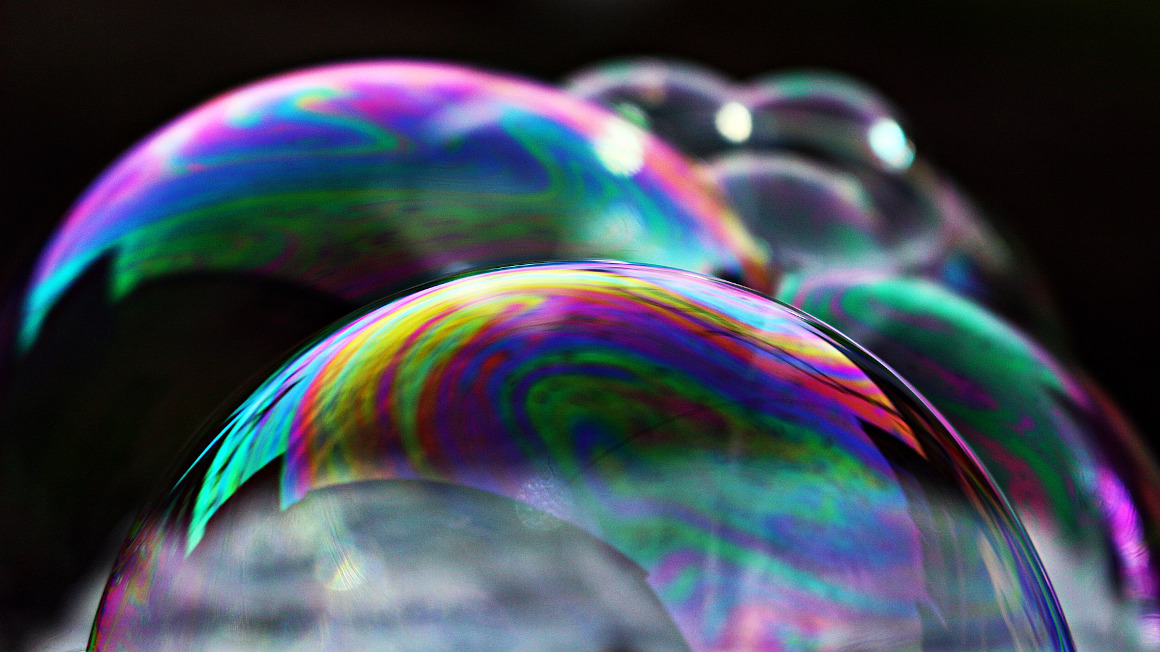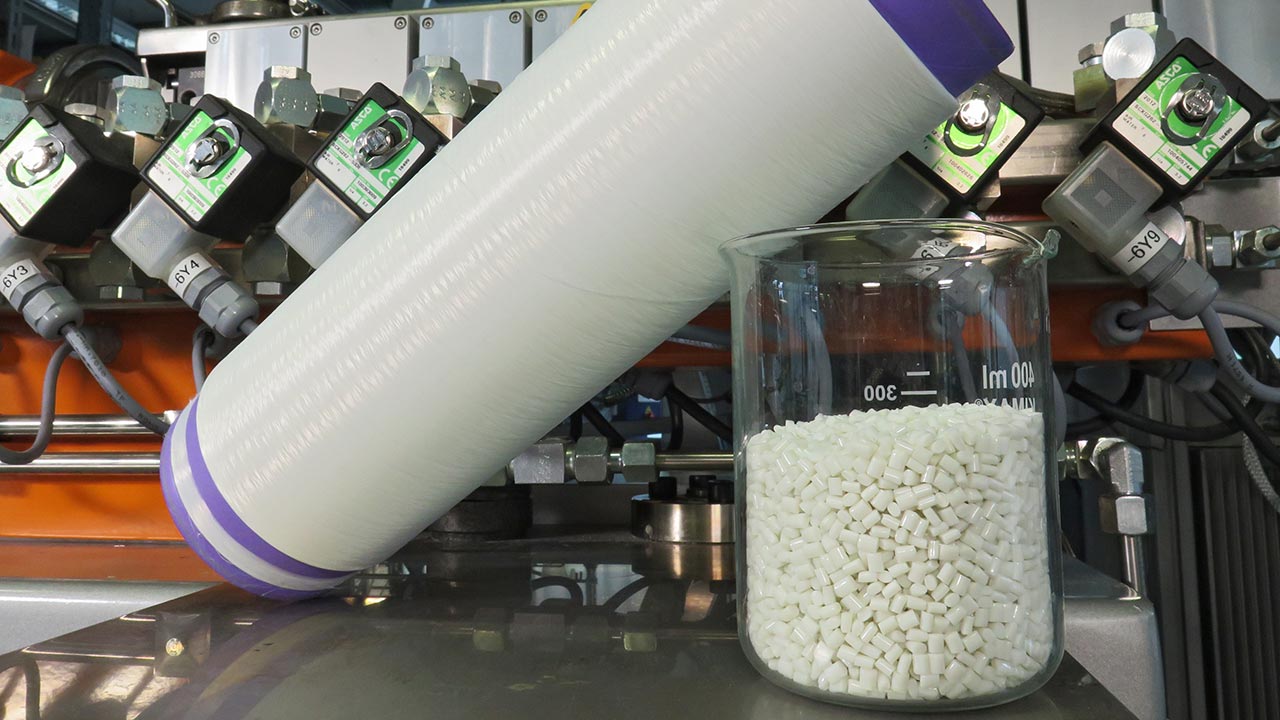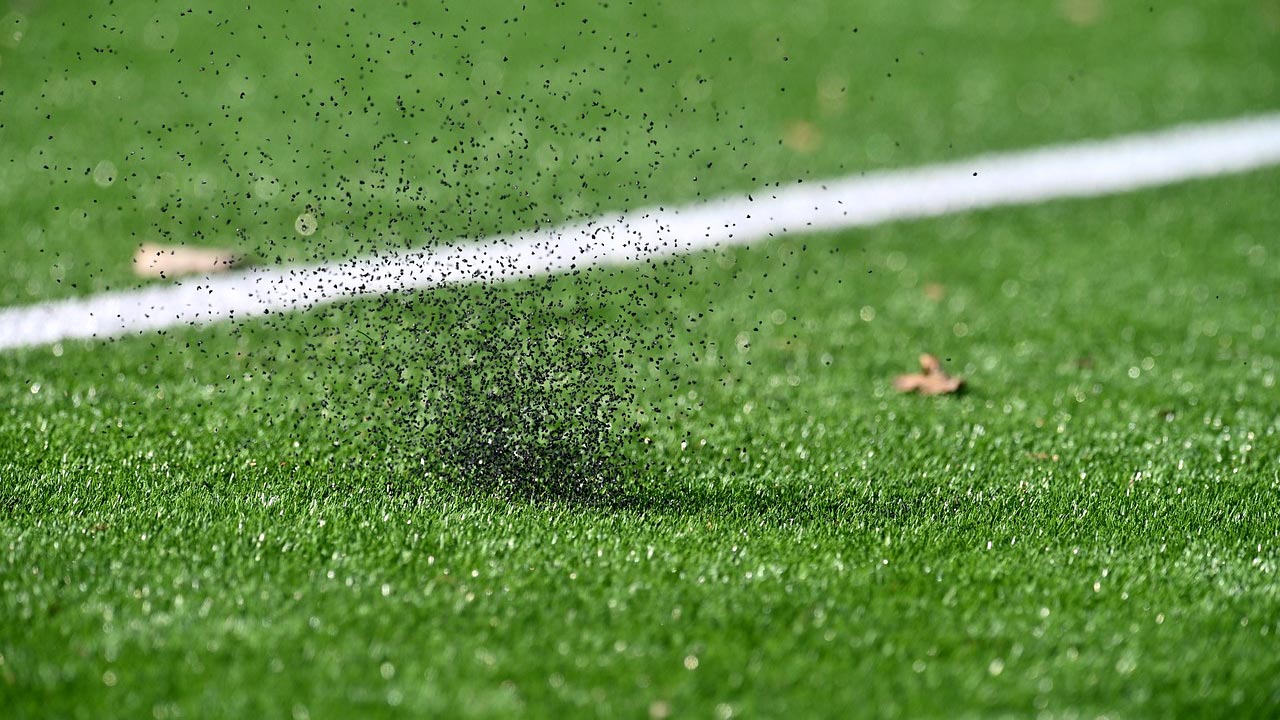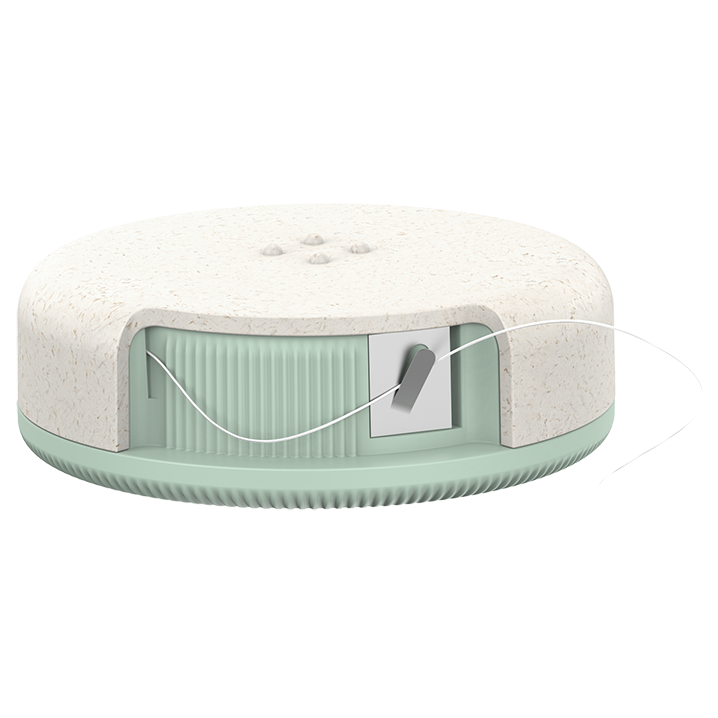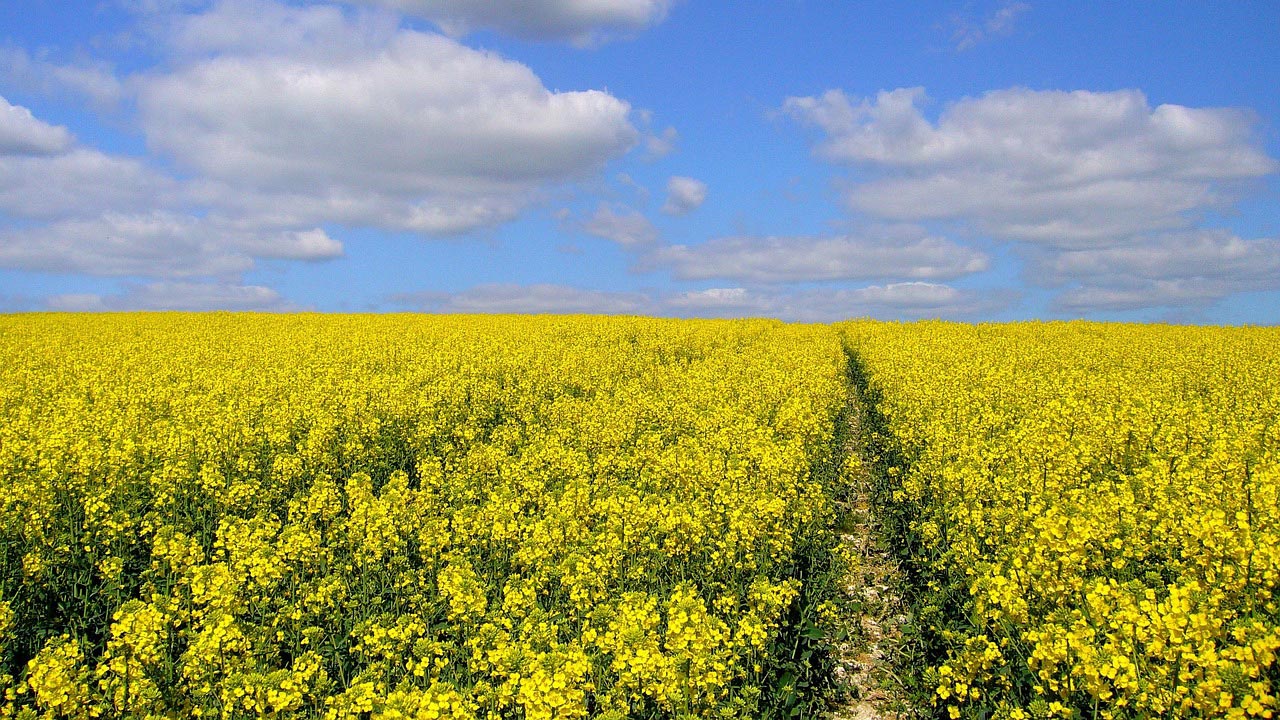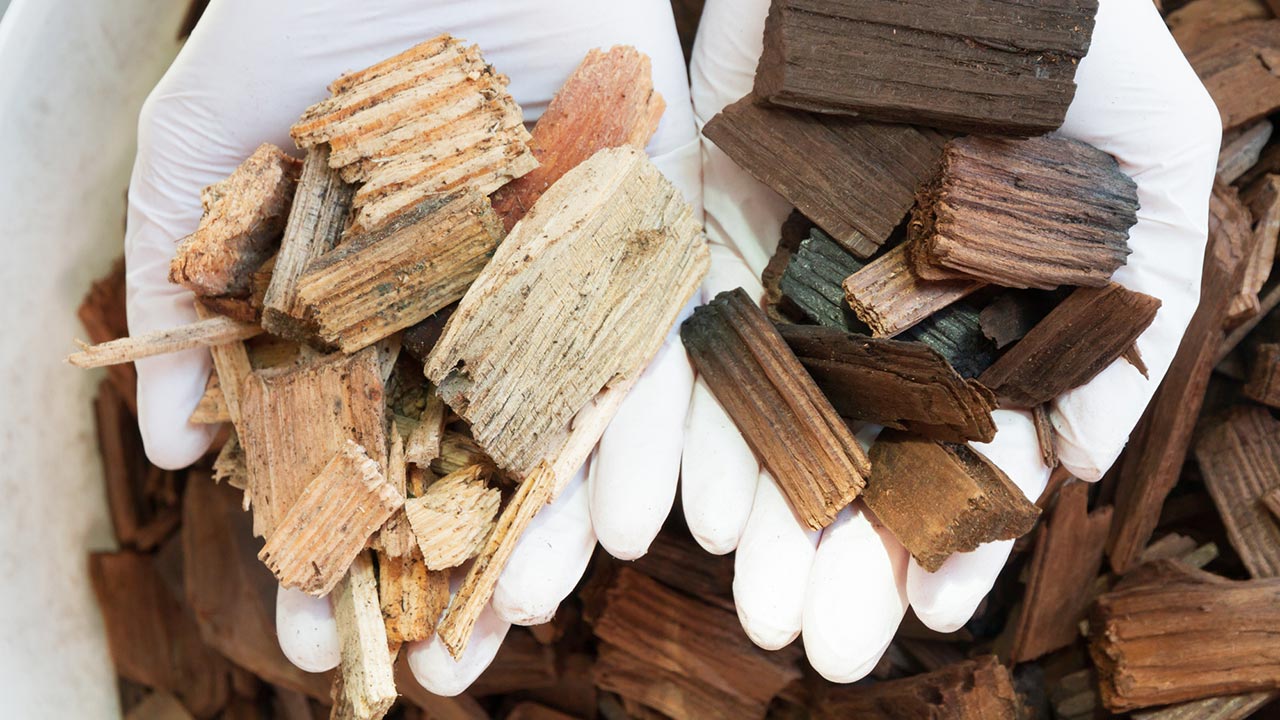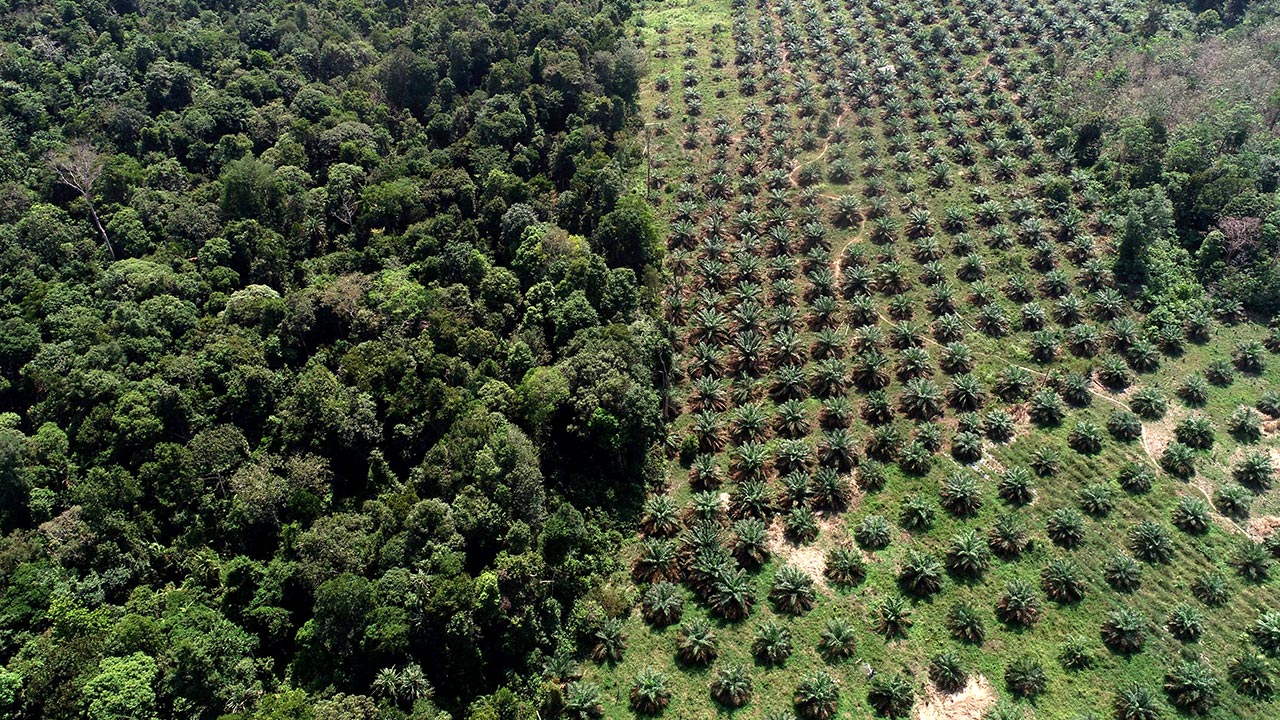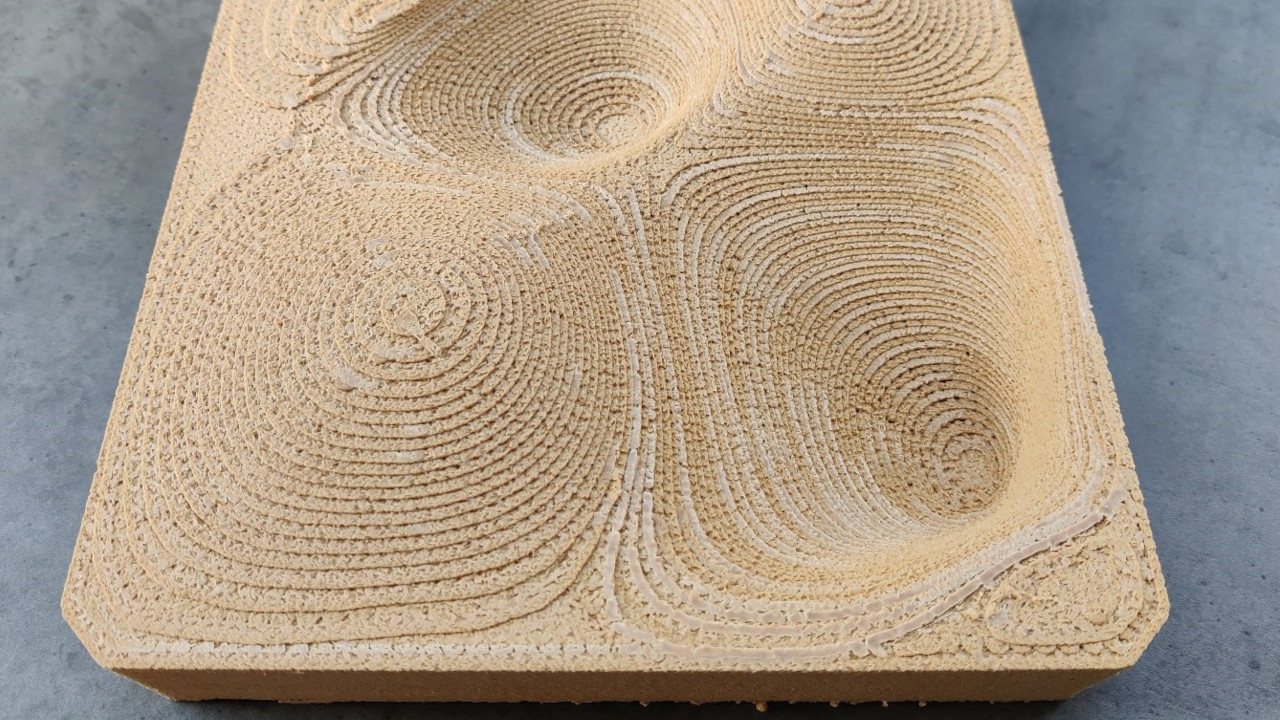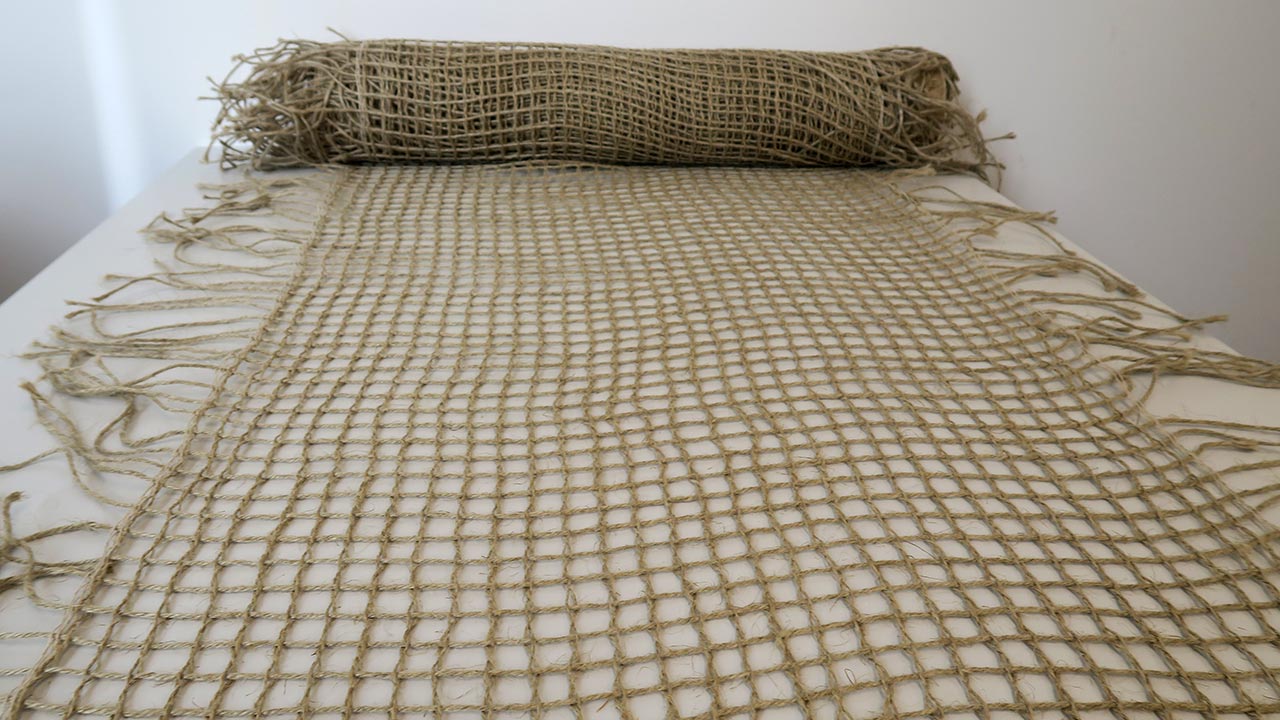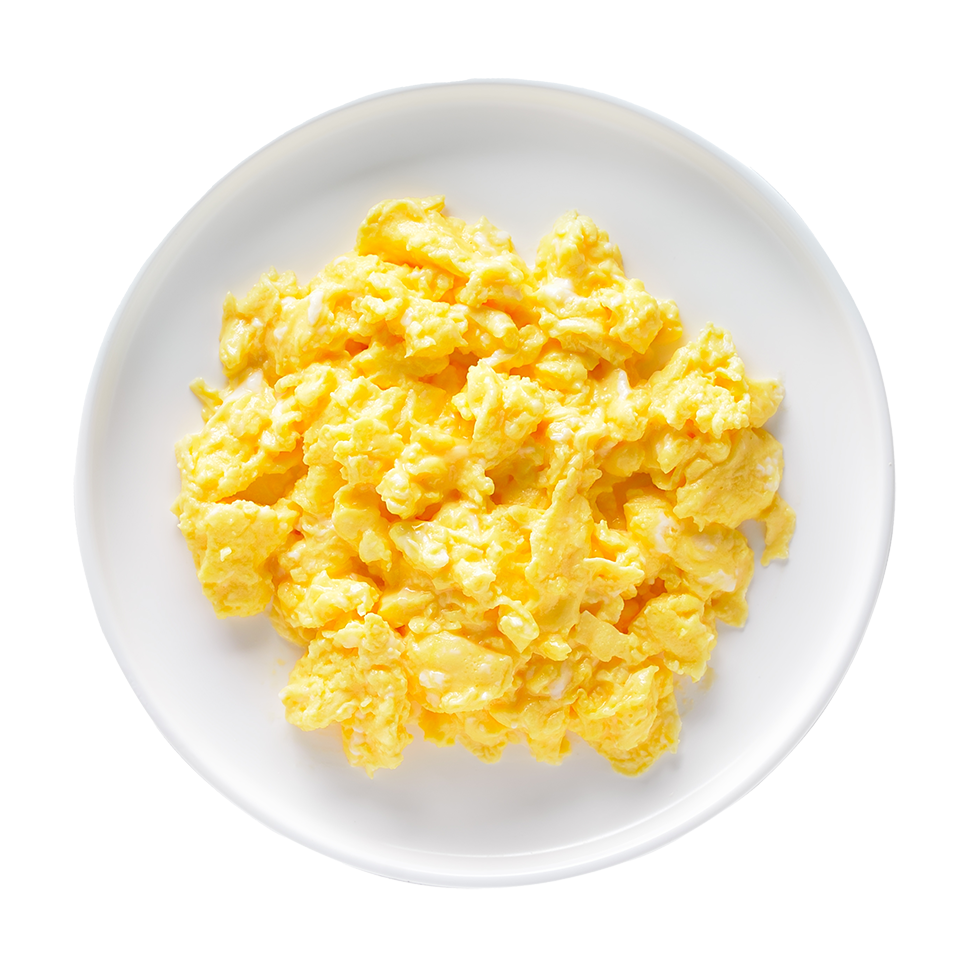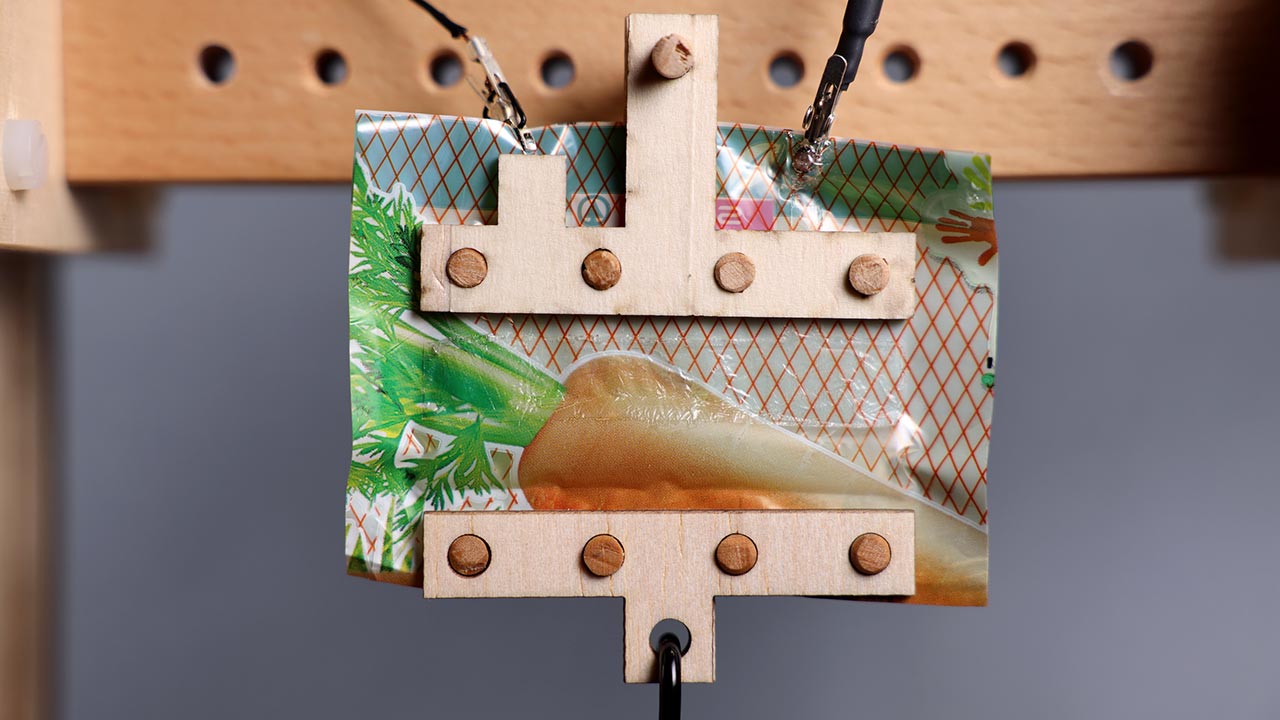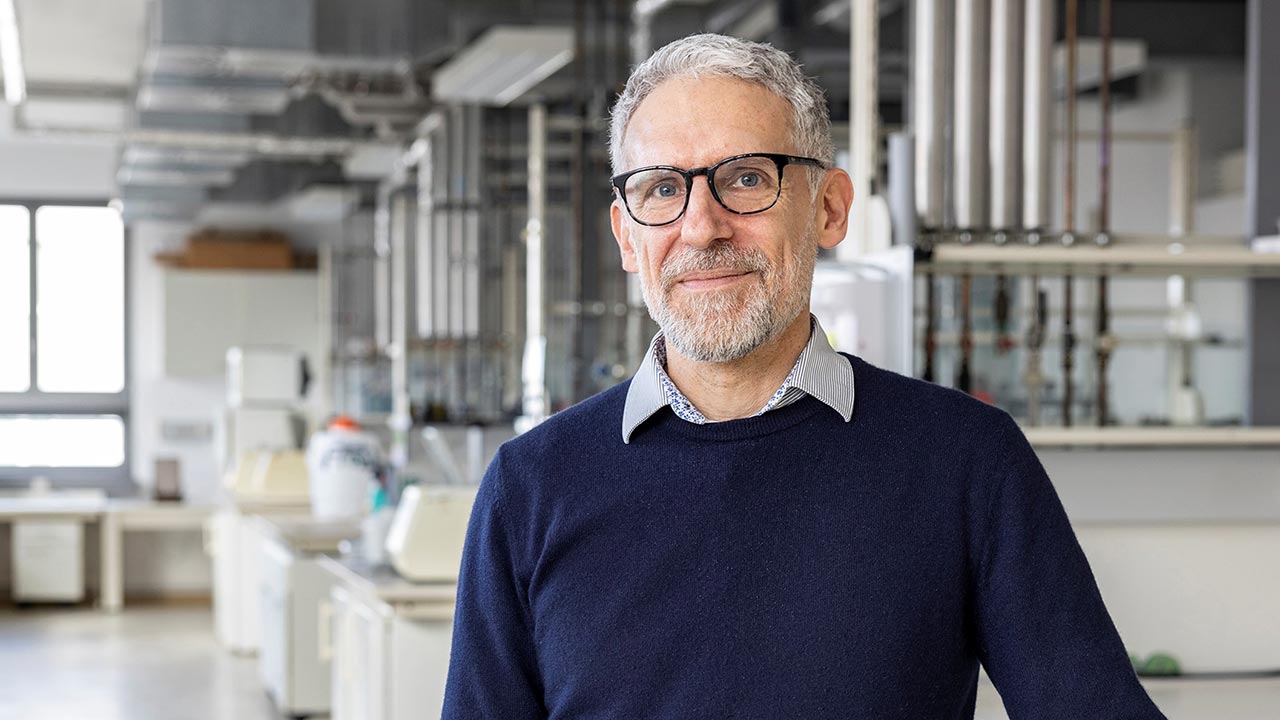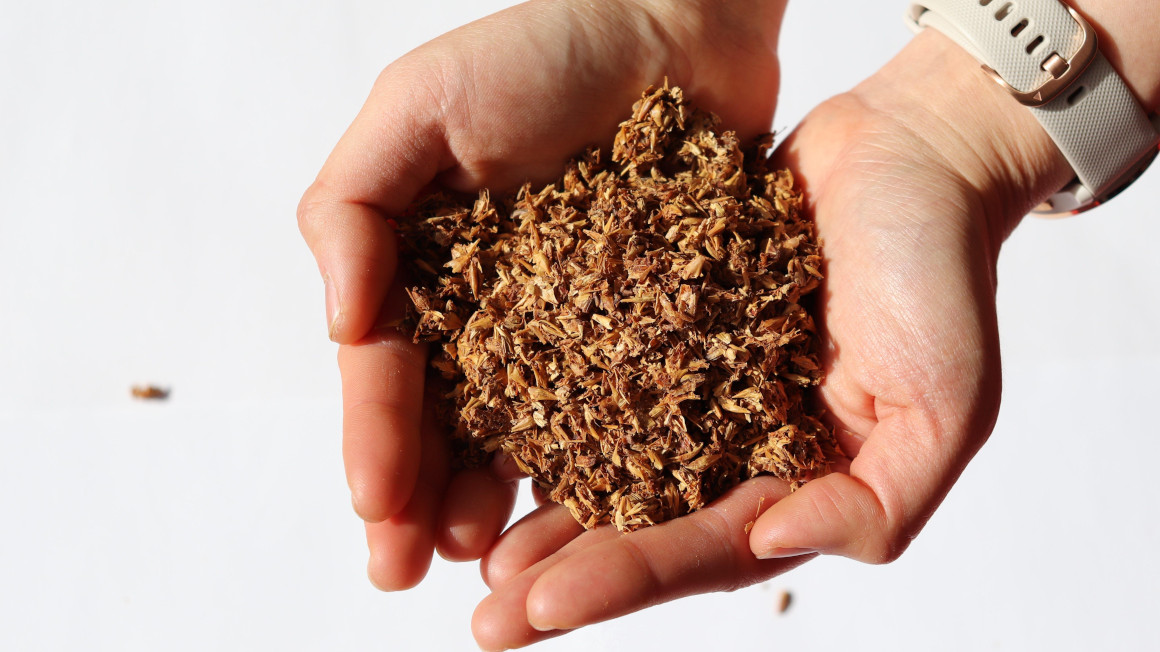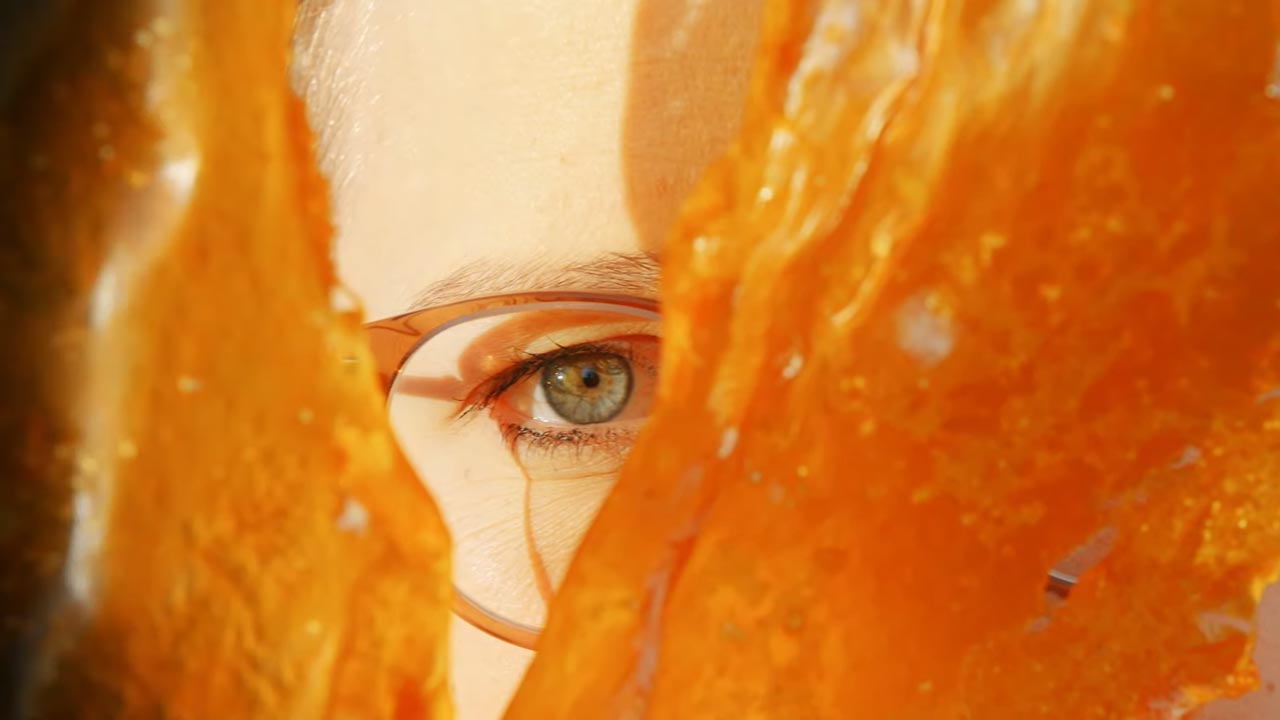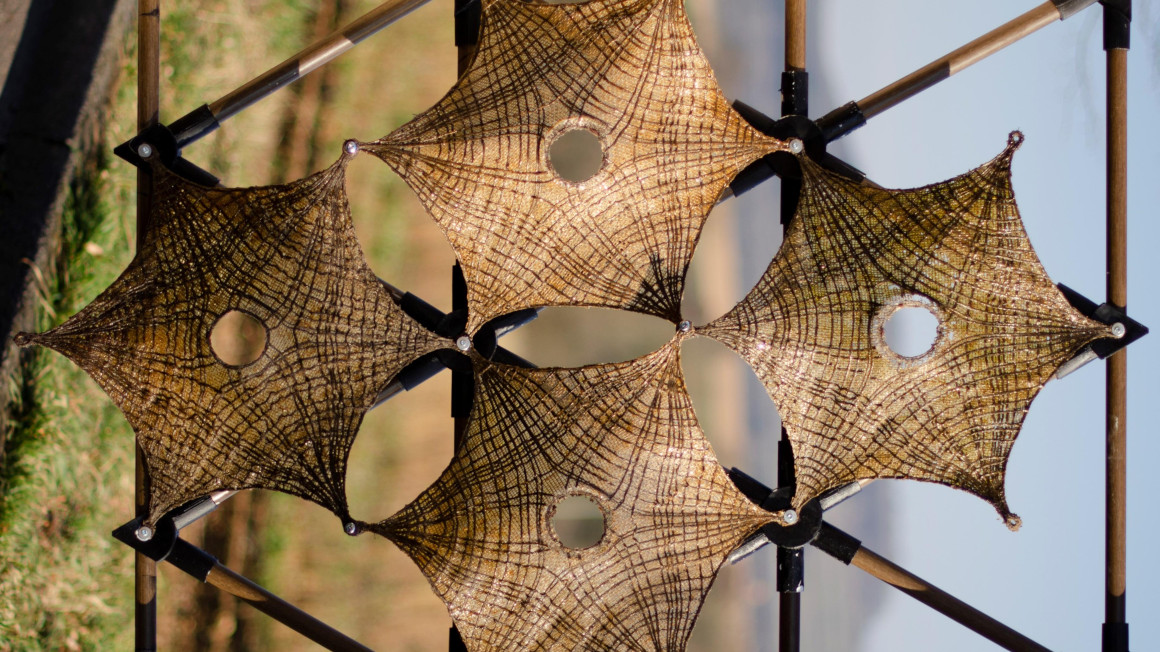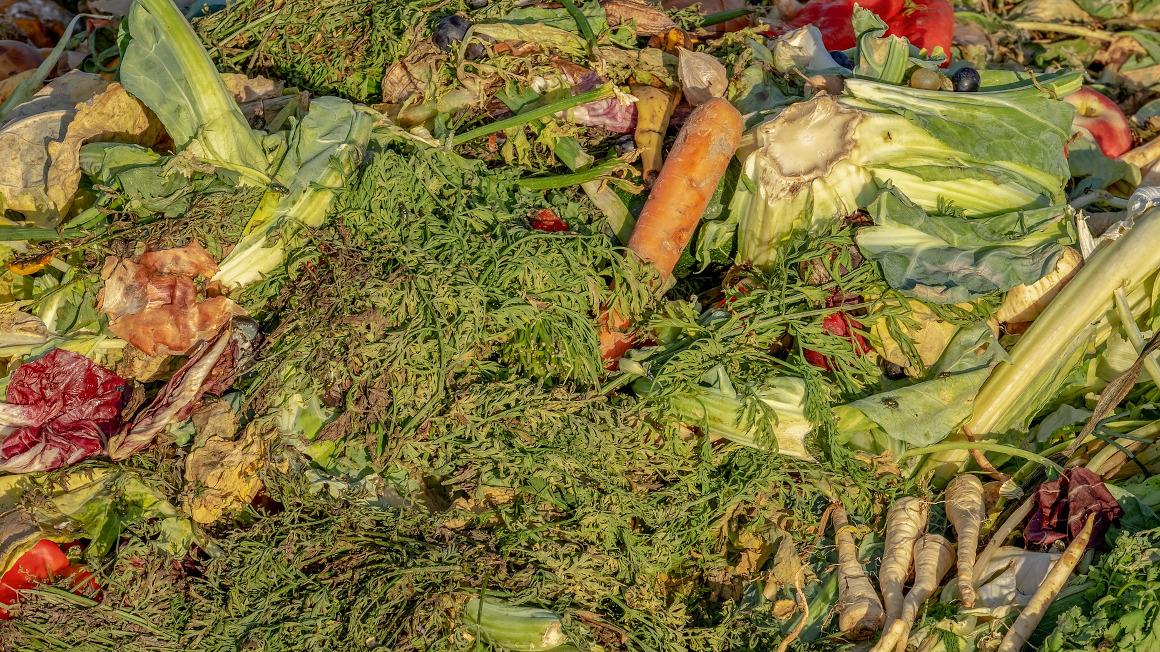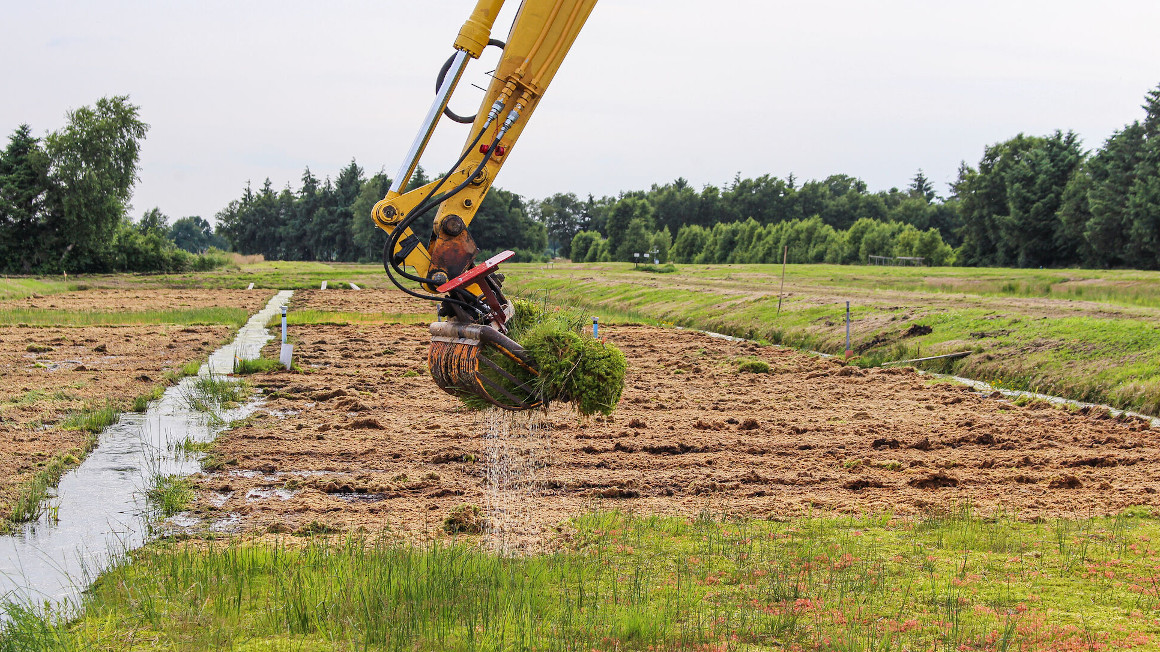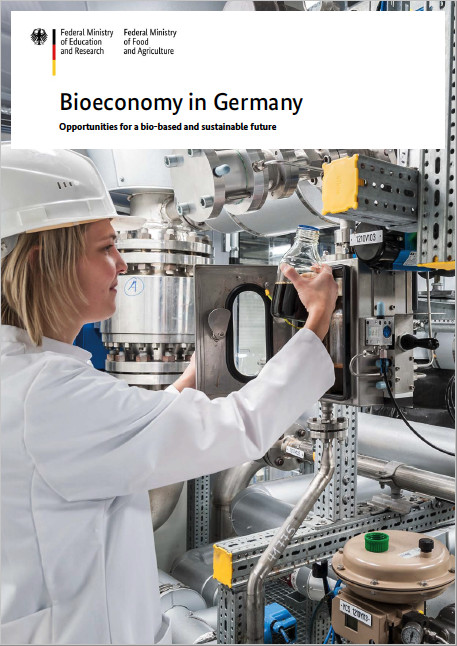
Publication
Bioeconomy in Germany
Opportunities for a bio-based and sustainable futurePublisher: Bundesministerium für Bildung und Forschung (BMBF) and Bundesministerium für Ernährung und Landwirtschaft (BMEL), November 2022Edited by: Information portal bioökonomie.de/BIOCOM AGA biobased economy promotes a sustainable way of running our economy which intelligently reconciles ecology and economy and is aligned with natural material cycles. Food, materials and energy are produced from renewable resources. By international comparison, Germany is a pioneer of the bioeconomy. This brochure provides an overview of Germany’s efforts to create a sustainable bioeconomy according to key sectors, concepts, resources and production processes and presents some promising research initiatives.Download PDF (barrier-free)The brochure at the BMBF website
